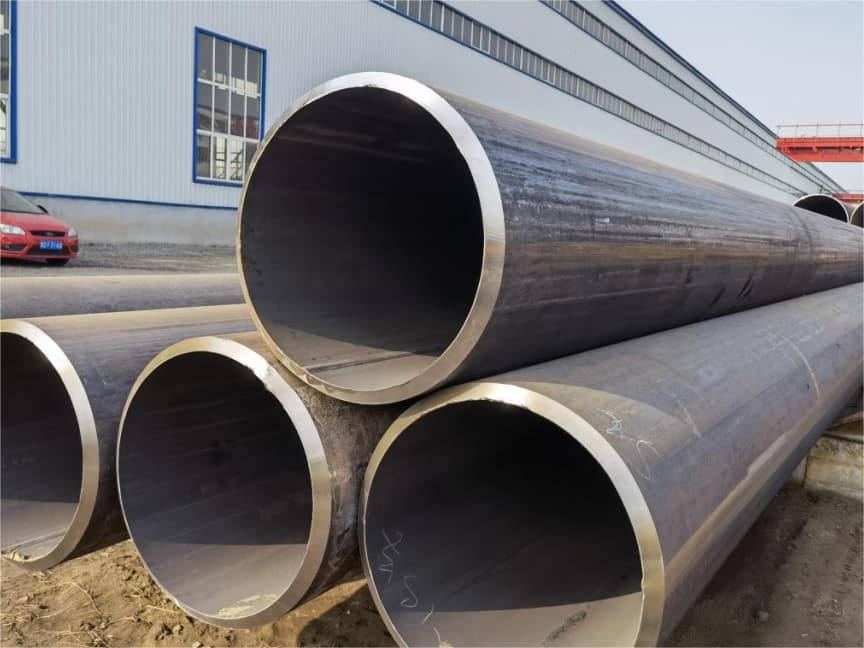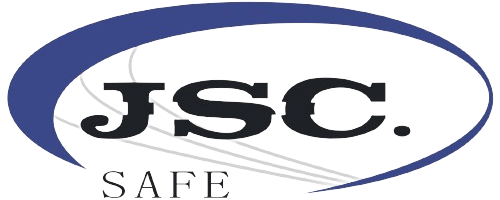API RP 2X in Australia: Ensuring Safety and Reliability in the Oil and Gas Industry
The American Petroleum Institute (API) Recommended Practice 2X (API RP 2X) has become a crucial guideline in the oil and gas industry, particularly in Australia. This comprehensive set of standards and requirements plays a significant role in maintaining the safety, integrity, and operational efficiency of various offshore and onshore facilities.

API RP 2X is specifically designed to address the challenges and risks associated with the construction and maintenance of fixed offshore platforms, floating production systems, and other structures involved in the oil and gas sector. It provides detailed specifications and best practices that must be adhered to by industry professionals to ensure the highest levels of safety and performance.
In Australia, where the oil and gas industry is a vital contributor to the economy, the implementation of API RP 2X is of utmost importance. The country’s vast offshore resources and extensive infrastructure make it essential to have robust standards in place to safeguard both workers and the environment. The strict adherence to these guidelines helps prevent potential accidents, minimize environmental impacts, and ensure the longevity of these critical assets.
One of the key aspects of API RP 2X is its focus on structural integrity. The practice outlines rigorous requirements for the design, fabrication, installation, and inspection of offshore structures. This includes ensuring that materials used are of high quality, that welding procedures are properly executed, and that structural components meet specific strength and durability criteria. By adhering to these standards, the risk of structural failures and associated hazards is significantly reduced.
Furthermore, API RP 2X also addresses the issue of fatigue and corrosion, two common challenges faced in the oil and gas industry. It provides detailed guidance on how to assess and manage fatigue damage, as well as strategies for combating corrosion to extend the lifespan of structures. These provisions are crucial in ensuring the long-term reliability of offshore facilities, as fatigue and corrosion can gradually weaken structures over time, potentially leading to critical failures.
The implementation of API RP 2X in Australia also has implications for the training and competence of industry personnel. Operators and technicians must be well-versed in the requirements of this practice to ensure proper execution of tasks. Training programs and certifications are often developed in line with API RP 2X to ensure that workers have the necessary skills and knowledge to meet the standards. This not only enhances the safety and performance of operations but also contributes to the overall professionalism of the industry.
In addition to its impact on individual facilities, API RP 2X also plays a role in the broader context of the oil and gas industry in Australia. It helps maintain the country’s reputation as a reliable and responsible player in the global energy market. By adhering to international best practices, Australia demonstrates its commitment to safety, environmental protection, and the sustainable development of its resources. This, in turn, attracts investment and partnerships, further driving the growth and development of the industry.
However, implementing API RP 2X is not without its challenges. The complexity of the requirements and the need for specialized expertise and equipment can pose difficulties for some organizations. Additionally, the ongoing evolution of technology and industry practices may require continuous adaptation and updates to the guidelines to keep pace with the changing landscape. Despite these challenges, the importance of API RP 2X in ensuring the safety and success of the oil and gas industry in Australia remains undeniable.
Looking to the future, API RP 2X is likely to remain a crucial benchmark in the Australian oil and gas sector. As the industry continues to evolve and face new challenges, the standards set by this practice will need to be continuously refined and enhanced. Ongoing research and development, as well as collaboration between industry stakeholders, will be essential to ensure that API RP 2X remains at the forefront of safety and reliability in the years to come.
In conclusion, API RP 2X is an integral part of the oil and gas industry in Australia. Its comprehensive guidelines and requirements contribute to the safety, integrity, and efficient operation of offshore and onshore facilities. By adhering to these standards, the industry can minimize risks, protect the environment, and ensure the long-term success of its operations. As the industry continues to grow and adapt, the importance of API RP 2X will only increase, solidifying its position as a key pillar in the Australian oil and gas sector’s pursuit of excellence and sustainability.
Learn more Successful Arctic module fabrication, steel structure, modular and skid, steelwork, supplier audit, DNV Class, Oil & Gas, welding supervisor, welding quality inspection, CWI CSWIP welding inspector, pump and pipe, stainless steel fabrication and CNAS ISO 17025 9712 NDT NDE practice via below-
https://www.jsc-safe.com/steel-structures-modules-machining/
